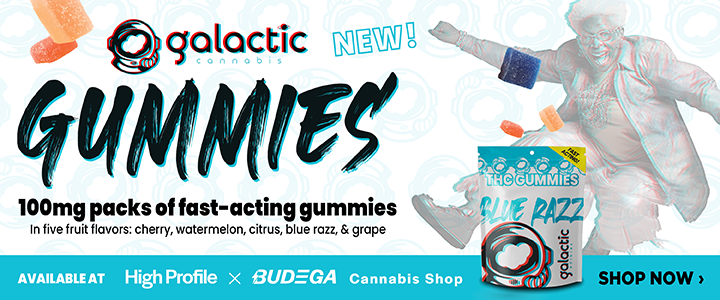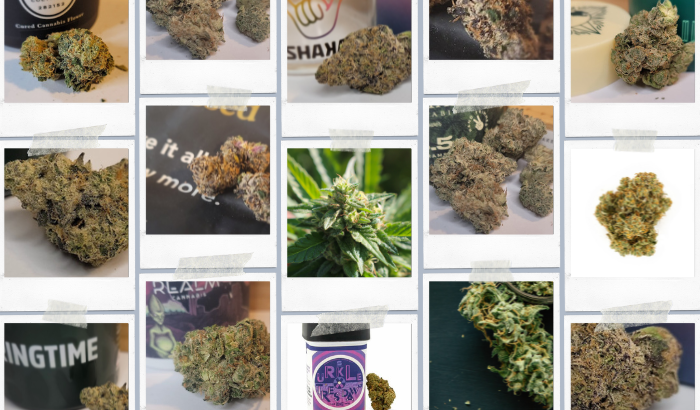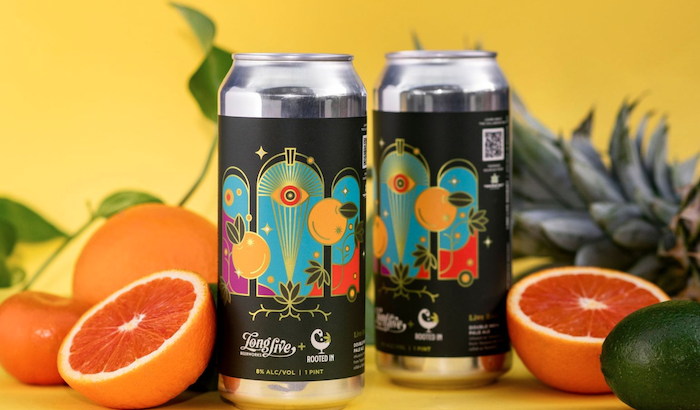The following passage is excerpted from A Woman’s Guide to Cannabis by Nikki Furrer, now available from Workman Publishing.
I walked into the dispensary one day and found five women sitting in the lobby and having a heated argument. They all had notebooks in their laps and pens in their hands, and their voices were getting louder as all of them talked at one another and no one listened. I ducked into the employee break room to avoid getting sucked into the discussion before clocking in for the day.
“What is happening out there?” I asked a coworker as I shed my coat and snow boots.
“The patient review board finally sampled the suppositories,” he said. “And all hell broke loose. You better talk to them.”
There’s a certain kind of shopper, and every retail employee has met her. She is high maintenance and demanding. As a stereotype, she is middle aged, type A, and ready to ask for the manager. She will make your life miserable if you don’t please her, but she is actually a wonderful resource if you use her powers for good.
At the dispensary, we gathered all these opinionated ladies into a group and gave them new products to test. If they liked them, we stocked them in the store. If they didn’t, we didn’t. The group sampled new strains of flower, new vape pen cartridges, and new lotions. The ladies had lots of opinions on the packaging, the price, and the high, and they were always right. If they liked something, it sold like crazy. If they didn’t like a product, no one else bought it either.
One lady was a cancer survivor, and another was just starting chemo. We had a Crohn’s patient, a trauma survivor with PTSD, and a woman with ALS. The fibromyalgia patient didn’t always show up to meetings, but would email her opinions to the group. None of them had tried cannabis before getting their patient card, so everything was new to them. At the first meeting, they had an idea.
“We should create a list of strains and products that work for each of our conditions,” said the cancer patient as they settled into their chairs. “And put it on the internet so everyone can see it.” The rest of the group murmured their approval.
“Unfortunately, it doesn’t quite work that way,” I said. “Let’s take an example. How many of you have tried Girl Scout Cookies?” More than half of the group raised their hand. “Did it work for you?” Most of the hands stayed up. “I hated it,” I said. “It made me feel foggy and dumb, but not relaxed. It didn’t help my pain, and it didn’t make me feel better.” Another woman nodded her head—it hadn’t helped her either.
“I love it,” said the woman with ALS. “It’s the only thing that helps my muscle spasms.”
“Maybe Girl Scout Cookies is the ALS strain,” said another, and the group got excited. They decided to set up a corkboard in the lobby so other patients could tell them which strain worked for them, and what disease or condition they took it for.
Chaos ensued.
None of the other ALS patients liked Girl Scout Cookies, but one arthritis patient loved it, and a single cancer patient claimed it boosted her appetite. Over the course of a month, patients filled the corkboard with notes and the product-review group tried to keep them neat and organized. Dozens of cancer patients recommended their favorite products for chemo days, and none of them recommended the same thing. Ten glaucoma patients recommended ten different strains.
Debbie, the alpha of the group, stood in front of the corkboard and muttered to herself, “This isn’t working.” I came back a few minutes later and she had a new plan. “By symptom,” she said. “We’ll see what everyone uses for insomnia, for nausea, whatever.”
A month later, the board was covered in notecards with no discernible way to organize the information. “No one can agree on a good strain for nausea,” Debbie said. “The insomnia list is just a list of all the indica strains in the store, and the anxiety list is giving me anxiety.”
Eventually, the group gave up on the corkboard. They still reviewed and evaluated new strains and products, and noted the effects they felt with each, but they knew that just because a particular strain made them feel sleepy and happy didn’t mean it would make everyone feel sleepy and happy. Cannabis medicine is not exact or precise. There is not one strain that works for everyone with the same condition or disease. When you find what works for you, great. Try new things, sample edibles and strains that your friends like, but make sure to listen to your own body first.
On January 9, Ellementa Boston will kick off a new year of monthly women’s cannabis education circles by partnering with Nikki Furrer (Ellementa’s St. Louis Gathering Leader), author of “A Woman’s Guide to Cannabis.” Led by Janice Bissex, the gathering will discuss how women are using cannabis and how it can specifically benefit them.


























